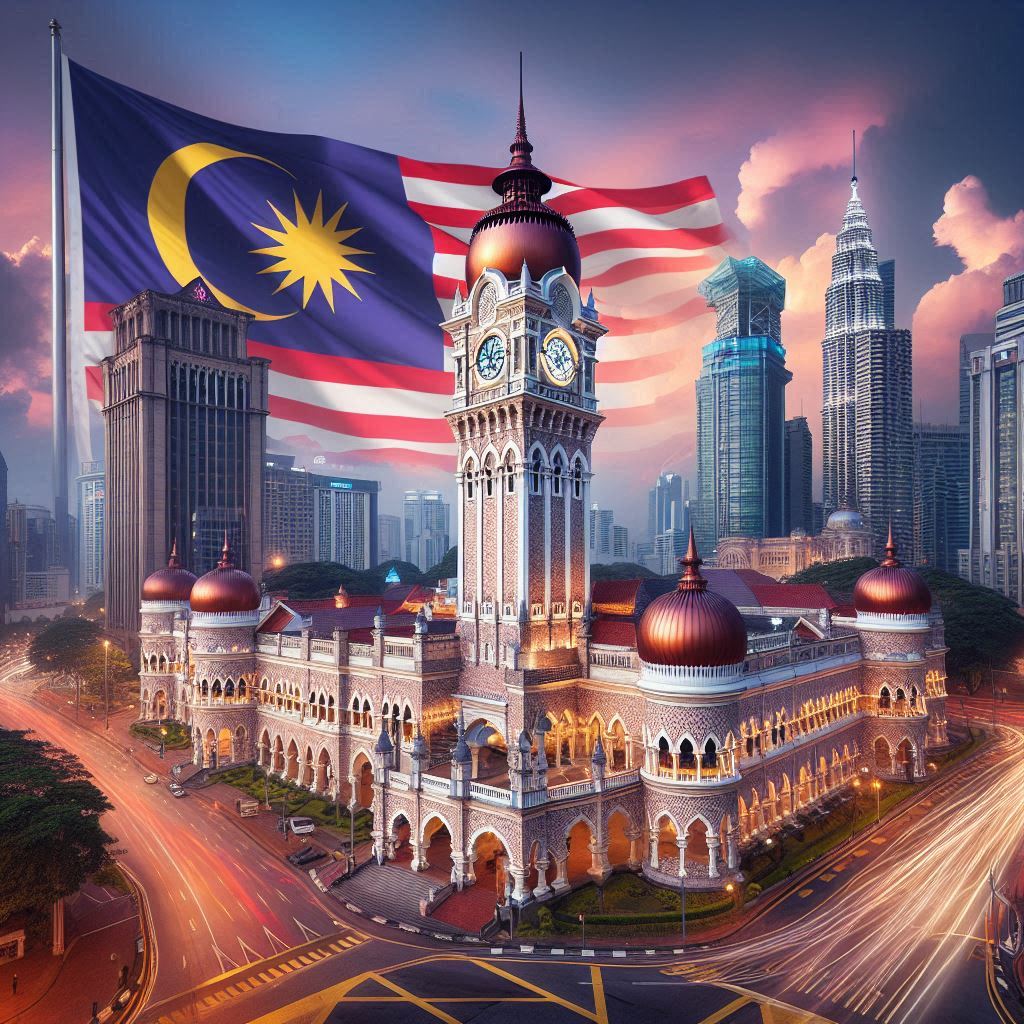
by Aisha Rashid
We are already in the first quarter of the current new millennium and it has been almost seven decades since Malaya achieved independence from the clutches of the British Empire. Still, there are some who still hold on to a romanticised view of Malaya’s colonial past.
These are the Anglophiles and Europhiles – the educated and privileged few. They view it through rose-tinted lenses as a time of order, benevolence and prosperity.
Ask the historians and they will tell you a different story – they know and have records of the reality. It was a time of chicanery, greed, oppression, scandal and sometimes violence.
Earlier migrants from China, India, Southeast Asia and Yemen were attracted to a Malaya that promised boundless opportunities. Some came with only the clothes on their backs, some came as indentured labour – brought in by the British to work in their tin mines and rubber plantations.
These were the hardworking initial population, together with the hardy Malays who felled virgin jungle with primitive tools for their padi fields and vegetation, who sweated and toiled to develop the land that we now call home.
The British were the ‘tuans’ – the lords and masters, who had the ears of the Malay rulers and the administrative class and were cosy with the ‘towkays’ and the compradors.
Despite the realities, some still harbour a longing for the past built on the foundation of ‘divide and rule’. They are unable to unleash their umbilical cord to the colonial era where the ‘orang putih’ (white man) is superior and therefore knows better.
Why is this so? A scholar I met explained that this was a psychological phenomenon, due to the fact that we often fall back on a finite pool of basic bygone ideas that do not get challenged. As such, our viewpoints, phobias, and hang-ups are historical.
Just look at how we represent ourselves in our stories, movies and TV dramas…The person from the kampung/new village is always portrayed as easily provoked, dim-witted, lazy, unattractive and has nothing to offer. This was how colonial authors such as Sir Frank A. Swettenham (1850 – 1946) High Commissioner of the Malay States and Governor of the Straits Settlements, as well as Sir Hugh Clifford (1866 – 1941) British Resident Pahang and Governor of North Borneo, described the Malays in their books about Malaya.
The Arab traders were described as greedy and untrustworthy, the Chinese as hardworking, mercenary and unscrupulous, whilst the Indians were described as easily-provoked and prone to drunkenness. I shall not venture to mention how unflattering the other natives were described.
Sadly, for many in the population, these stereotypes that emerged from the time we were governed and shackled by colonial capitalism persist till today. We have adopted these deceptive ideas – no matter how misleading they can be given the present situation, which has become part of us now.
Many Malaysians are not critical enough to ask ourselves how we came to have this disingenuous view of our identity. We trumpet this identity in our daily lives, not even pausing to ask ourselves when this misleading identity emerged.
Our beloved nation is going through enormous changes with globalisation, Industry 4.0 and technology seeing to that. The world as we know it is definitely evolving and at breakneck speed.
For us to adapt to these changes we have to think out of the box. We cannot afford to fall back to these clichéd, old, weary stereotypes that no longer work if we are to succeed.
We need not be trapped by a history, not of our choosing and be a victim of that history. We are a robust nation no longer living in the long shadow of the 19th century.
WE